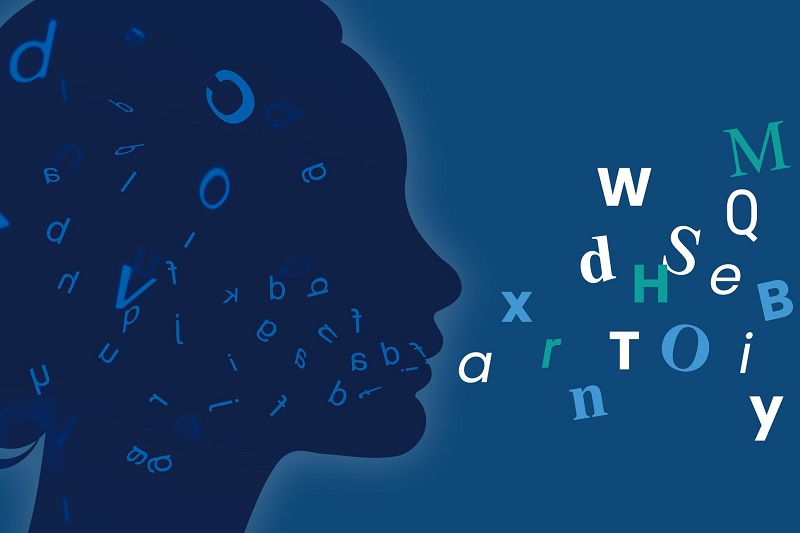Aphasia Support Group
Thursday, July 17, 2025
5:00 pm - 6:00 pm

Location
About this event
Bassett Healthcare Network's Speech Department is offering a monthly community support group for anyone navigating the challenges of aphasia — whether they are living with aphasia themselves or caring for and supporting someone with aphasia.
Goals of the Support Group
This group’s goal is to provide a positive, relaxed atmosphere where people facing similar difficulties come together. This group will be a place where people can:
- Improve communication through fun, education, and practice.
- Share experiences and strategies.
- Build a supportive community.
- Gain valuable insights from peers and experts.
Who This Is For
This support group is open to anyone living with aphasia and/or their caregivers. This is open to the public – participants do not need to be Bassett patients.
Location
FoxCare Center
1 FoxCare Drive in Oneonta
Classroom #1
Frequency
Third Thursday of every month
Time
5:00pm – 6:00pm
About the Teachers
- Jennifer Kollig, MS, CCC-SLP, is a speech therapist at A.O. Fox Hospital, FoxCare Center, and A.O. Fox Nursing Home. She offers inpatient services and outpatient modified barium swallow studies.
- Hannah Hornsey, MFA, MS, CF-SLP, is a speech therapist who offers inpatient and outpatient services at Bassett Medical Center in Cooperstown and FoxCare Center.
About Aphasia
Aphasia is a language disorder that makes it hard for you to read, write, and say what you mean to say. Sometimes it makes it hard to understand what other people are saying, too. Aphasia is not a disease. It's a symptom of damage to the parts of the brain that control language. Aphasia happens from damage to one or more parts of the brain involved with language. The damage may be from stroke (which is the most common cause of aphasia), brain tumor, brain infection or inflammation, brain injury, or other brain disorders or neurologic diseases that affect the brain and get worse over time, such as dementia.
From Medlineplus.gov, an information resource from the National Library of Medicine. For more information, visit: https://medlineplus.gov/aphasia.html
